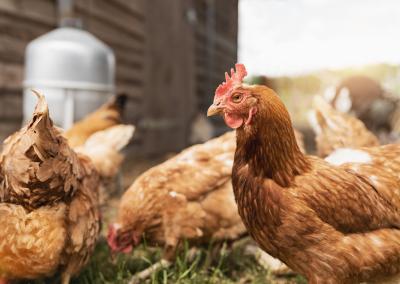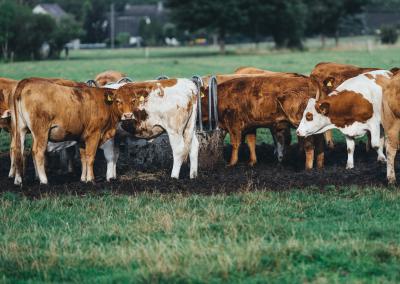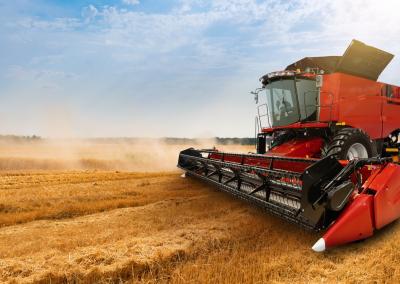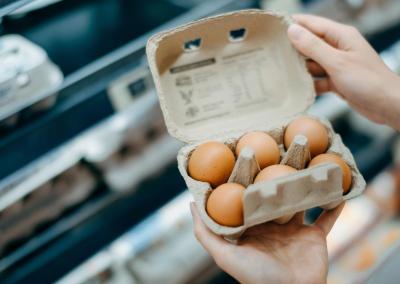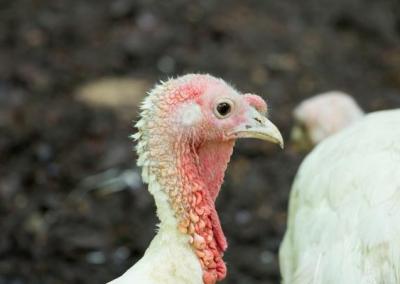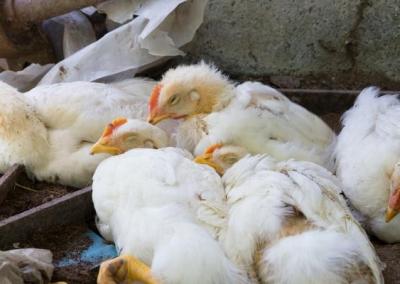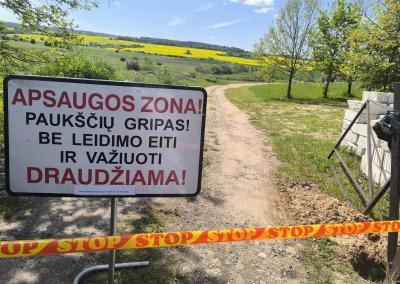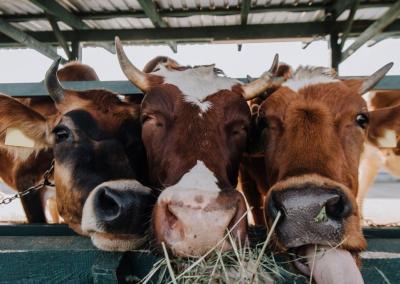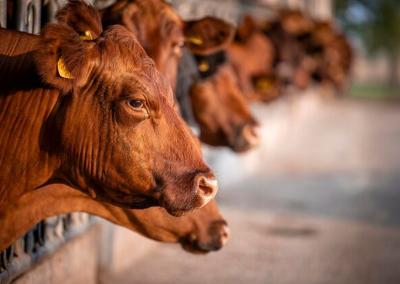Eradication of the outbreak of avian influenza in Kretinga district continues
On 14 October, following the confirmation of an outbreak of avian influenza on a turkey farm in the Kretinga municipality, eradication work continues. The most important thing is to kill the birds as quickly as possible, dispose of them safely and carry out disinfection. The second stage of the work is cleaning and secondary disinfection, and only then, after the assessment of the work by the VMVT specialists, will it be possible to restore the farm.
Now in Kretinga district, protection and surveillance zones have been established in a 10 km radius around the infected farm: poultry farms within these zones are not allowed to transport live birds, bird carcasses or poultry meat products to another place without a separate permit from the Klaipėda district of the VMVT.
„The owner of the farm works responsibly together with the teams of specialists from the VMVT and Kretinga District Municipality on the farm. The plan is to safely kill and destroy the remaining live infected birds within a few days, which is a really big loss and a big shock, so we are constantly urging poultry farm owners to be very careful about biosecurity, because one small mistake can cost the future of the whole farm," said Mindaugas Kašinskas, head of the Klaipėda District Supervision of VMVT. He added that checks on surrounding poultry farms are currently underway and there are no new reports of the virus spreading.
M. Kašinskas clarified that the amount of marketed farm produce has already been identified. All recipients have now been informed that those who have farm produce on the market must remove it.
„Uncooked produce is being withdrawn from the market for safety reasons to prevent the spread of the disease. The virus can remain active in untreated raw material. Such turkey and turkey preparations distributed from the farm were traced back at 21-day intervals from the date of notification of the suspected AI disease. Consumers have the right to return it to the point of sale, but we stress to them that properly heat-treated meat is safe for consumption," explains Chief State Veterinarian Šarūnė Jegnoraitė-Jarukė.
The specialist also reassures consumers that fresh poultry meat, including eggs, should be cooked at a temperature of at least 60°C for at least 8 minutes, which kills all viruses and bacteria. Therefore, poultry meat that has been properly heat-treated is safe to eat. The risk of avian influenza virus in humans is very low, and there is no evidence of foodborne transmission.
The experts inform that purchasers of uncooked produce (fresh turkey) from this farm with the following batch numbers: KA2388, KA2389, KA2390, KA2391, KA2392, KA2392, KA2393, KA2394, KA2395, KA2396, KA2397, batch numbers of semi-finished turkey:GM 250925, GM 250926, GM 250928, GM 250929, GM 250930, GM 251002, GM 251003, GM 251005, GM 251006, shall be entitled to return it to the place of sale.
The National Public Health Centre informs that specialists are interviewing all persons who may have come into contact with the infected birds, assessing their risk and providing information on health monitoring and other preventive measures to be taken.
The VMVT reminds you to report any changes in the health of your birds as soon as possible to your private veterinarian or by filling in the VMVT questionnaire or by calling 1879 and + 370 5 242 0108.

